Why Do Cats Eat Mice Heads?
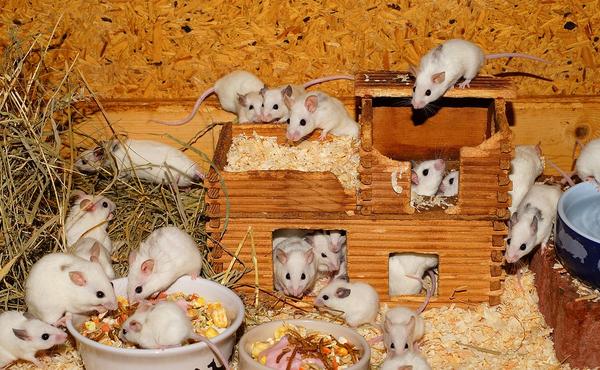
Bare with me for a moment—have you ever caught your cat munching on a mouse head and thought, "What the whiskers is going on?"
We've all been there, my feline-loving friends, feeling concerned about what's going down in Fluffy's belly and questioning their peculiar behavior. 😺
But fret not.
Let's embark on a journey together to uncover the truth, dispel the doubts, and ease those worried hearts.
So, shall we dive into the enigmatic world of cats and their appetite for mouse heads?
Let's begin.
Is It Common for Cats to Eat Mice Heads?
Yes, it is common for cats to eat mice heads. Cats are natural hunters and the head contains the most desirable parts. The frequency of this behavior depends on the cat's hunting skills and access to mice. It is a normal instinct, but you should keep your cat vaccinated and dewormed.
Cat lovers!
You're probably wondering if it’s normal for cats to chow down on mouse heads.
Well, let me tell you, it's definitely not out of the ordinary!
Cats were born to be hunters (no surprise there!), so when they catch a plump little mouse, guess where they go straight for?
Yep, you guessed it—the head!
That's where all the good stuff is, like the brains and tasty bits.
Now, here's something important for you to know...
The frequency of cats snacking on mouse heads depends on how skilled they are at hunting and how many mice they can find.
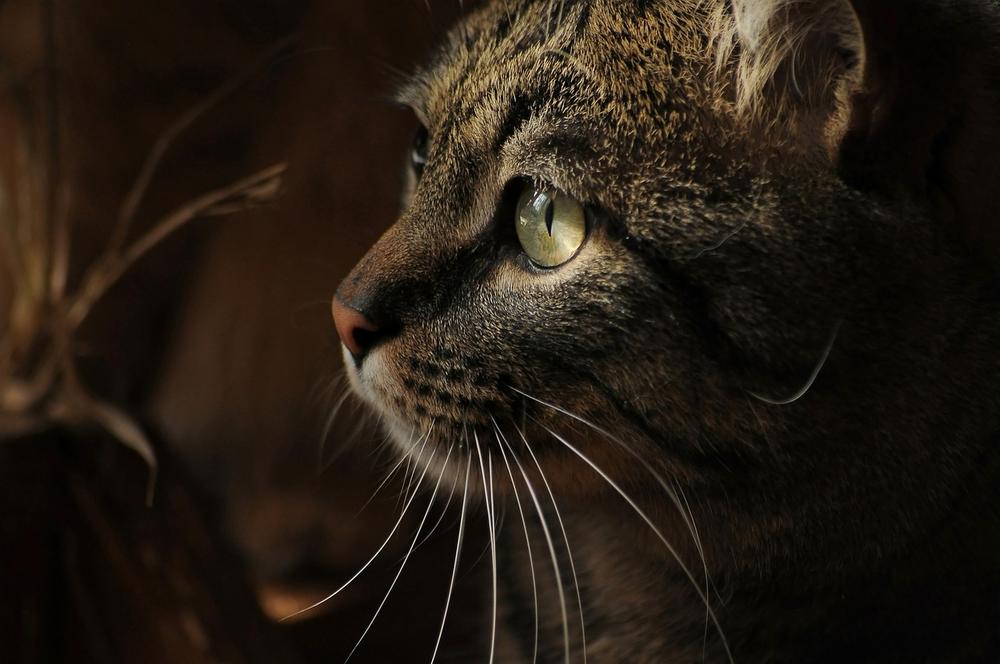
If your kitty loves to explore the great outdoors, she'll have plenty of chances to indulge in her inner wildcat, snagging those mouse heads left and right.
But if your feline friend prefers indoor adventures or doesn't have access to mice, this behavior might be less common.
It's all about survival instincts, my friends.
Don't freak out if you catch your furball with a mouse head clamped between her jaws—it's totally normal for cats.
And hey, if it makes you a bit queasy, no worries—it won't harm her.
I do recommend keeping your kitty up to date on vaccinations and deworming treatments just to be safe, though.
Better to be pawsitive and take precautions, right?
So there you have it, my fellow cat aficionados. Cats eating mouse heads may seem unusual, but it's just their natural instinct shining through.
Keep on loving those feline furballs!
Main points I'll expand upon further down this article:
- Hunting is an instinctual behavior for cats, regardless of their domestication.
- Cats focus on eliminating the head of their prey first to ensure it is dead.
- Cats may play with their prey before consuming it.
- Cats have excellent hunting abilities due to their vision, hearing, and flexibility.
- Cats bring the carcasses of their prey to their owners as a way of teaching hunting skills and sharing meals.
- Domestic cats may have reduced hunting behaviors, but it is important to understand and fulfill their hunting requirements.
- Mice are easy prey for cats and satisfy their instinctual need to hunt.
- Cats vary in their feeding habits when consuming mouse heads, but it meets their nutritional needs and aids in digestion.
- High-quality cat food can satisfy cats' hunting instincts without the need for mice heads.
- Cats consume mouse heads to obtain calcium and conserve energy during digestion.
And let me tell you, fellow cat lovers, their hunting prowess is heavily influenced by their visually acute nature!
Feline Instincts: Unveiling the Predator-Prey Relationship Between Cats and Mice
The relationship between cats and mice is a classic one of predator and prey 🐭, going way back.
And it's wild how hunting is just ingrained in cats' instincts, something you gotta understand as their owner (that means YOU!).
Their vision is crazy sharp - they can spot the teeniest movements from potential prey, making them killer hunters.
Plus, their flexible spines and top-notch hearing make them unstoppable. But guess what?
There's more!
Cats have different ways of taking down prey, but they usually start with going for the head first.
That way, they ensure the prey is good and dead before moving on to anything else.
It's not just about survival; it's all part of their natural behavior.
Here's an interesting tidbit:
Cats might actually play around with their prey, kinda freaking it out.
Now, we may see that as cruel, but for our feline friends, it's essential practice to keep up their hunting skills.
They might even bring those prey carcasses right to your doorstep - yep, they're like gifts meant to share meals and teach you a thing or two about hunting too!
Even though house cats don't really need to hunt to survive, it's still important to fulfill their instinctual needs.
So don't be shocked if they proudly show off their predatory side when they catch sight of a mouse or any other small, helpless critter.
Want to learn more? The interaction between cats and mice is just the tip of the iceberg. Further down the blog post, I reveal whether head consumption is unique to cats or if there are other factors at play. Keep reading!
And now, let's delve deeper into the fascinating world of cats and their peculiar eating habits when it comes to mice heads!
Feeding Habits of Cats: Exploring the Consumption of Mice Heads
Feeding habits of cats when consuming mice heads can provide some interesting insights:
- Preference for specific body parts: Some cats may focus on eating certain parts first, such as the eyes or brains.
- Variation between cats: Each cat may have their own unique way of consuming mice heads.
- Appeal of mouse heads: The eyes in particular are considered a treat for cats.
- Selective meat consumption: Cats tend to prefer the meatier parts of prey and may avoid less appealing areas like the spleen.
- Easier digestion: Consuming the head aids in digestion, meeting nutritional needs while reducing the risk of illness.
- Opportunistic hunting: Cats will hunt regardless of their immediate food requirements.
- High-quality cat food alternative: Quality cat food can satisfy hunting instincts without the need for mice heads.
- Factors influencing eating order: Hunger, previous meals, ease of killing, and natural instincts all play a role in how cats prioritize consumption.
- Leaving nutrient-rich organs: Cats may save certain organs with high nutrient content, like guts and intestines, for later consumption.
- Taste preferences and hygiene concerns: Cats may avoid specific parts of prey based on taste or concerns about cleanliness and parasites.
In summary, cats exhibit diverse feeding behavior when consuming mice heads, which is influenced by various factors.
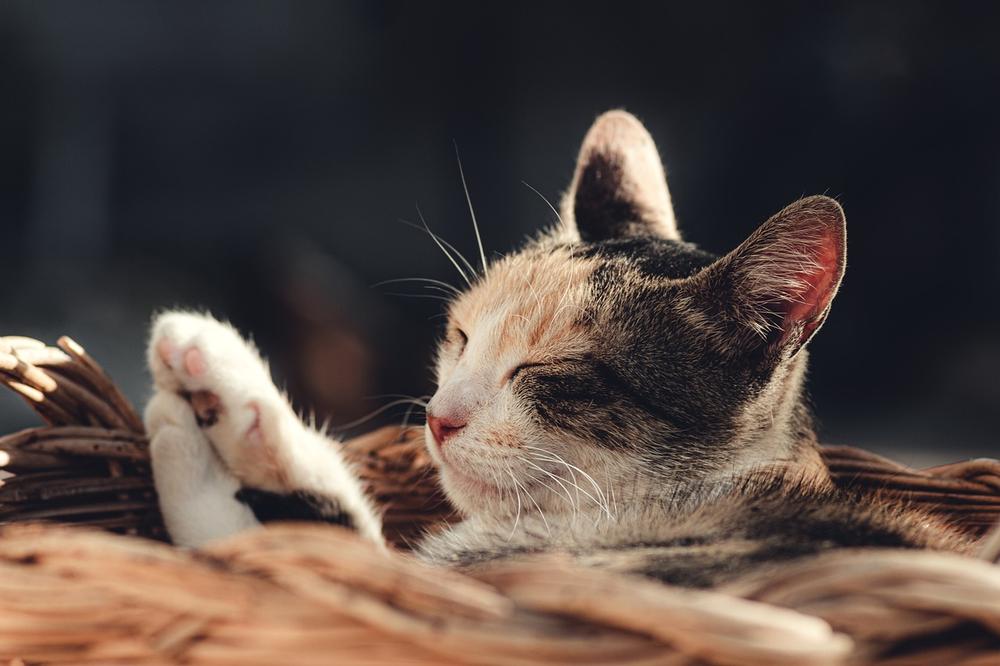
In addition to understanding their feeding habits when consuming mice heads, you may also be curious about other unique dietary behaviors of cats.
If you're wondering whether it's safe for cats to explore unconventional prey like grasshoppers, you'll find valuable insights in my guide, Can Cats Eat Grasshoppers.
Discover the potential consequences and satisfy your inquisitiveness.
The Evolutionary Purpose Behind the Consumption of Mice Heads
Cats eat mice heads with purpose, my pals.
It's no random kitty mischief.
They need those heads to survive, 'cause they're packed with essential nutrients.
Taurine, anyone? 😺
This little amino acid is crucial for their all in all health and well-being.
Cats can't produce enough taurine alone, so they gotta find it somewhere.
And you know where they find a bunch?
Mice heads, my friend!
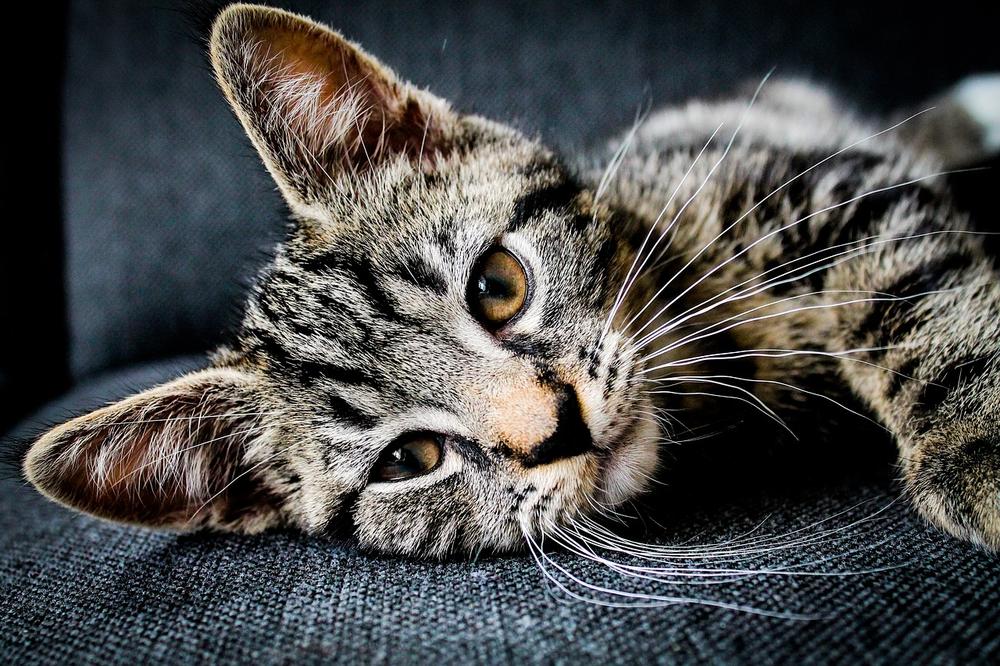
But hold on a second.
There's more.
The calcium in those mouse noggins is another reason why cats gobble them up like there's no tomorrow.
Calcium is the secret sauce for strong bones and teeth.
It's what gives your cat's body structure its mighty strength.
And here's an intriguing tidbit:
Cats go for the head first to save energy while digesting.
By munching on just a portion, they don't have to work as hard breaking down the rest. It's their smart way of keeping their digestion in check and getting the most bang for their meal.
So, next time you catch Whiskers feasting on a mouse head, remember she's simply taking care of her nutrition and being one efficient eater!
Toxicity Concerns: Are Mice Heads Harmful to Cats?
While it may not be toxic to cats, eating mice heads can still make them sick.
So here are a few things to consider if your feline friend enjoys this little snack:
- Monitor any signs of illness or adverse reactions that may arise after indulging in mice heads.
- Although mice don't carry rabies, they can still transmit other diseases or parasites to cats. Removing the head of the mouse can help reduce the likelihood of exposure.
- Cats that consume mice are at risk of poisoning and parasites like roundworms, mites, or fleas. It's important to take preventative measures, such as regular deworming and keeping your cat protected from external parasites with appropriate treatments.
- Keep a close eye on your cat's behavior and overall health. If you notice anything unusual or concerning, contact your veterinarian for professional advice and guidance.
Prevention is key when it comes to keeping your furry friend healthy and happy.
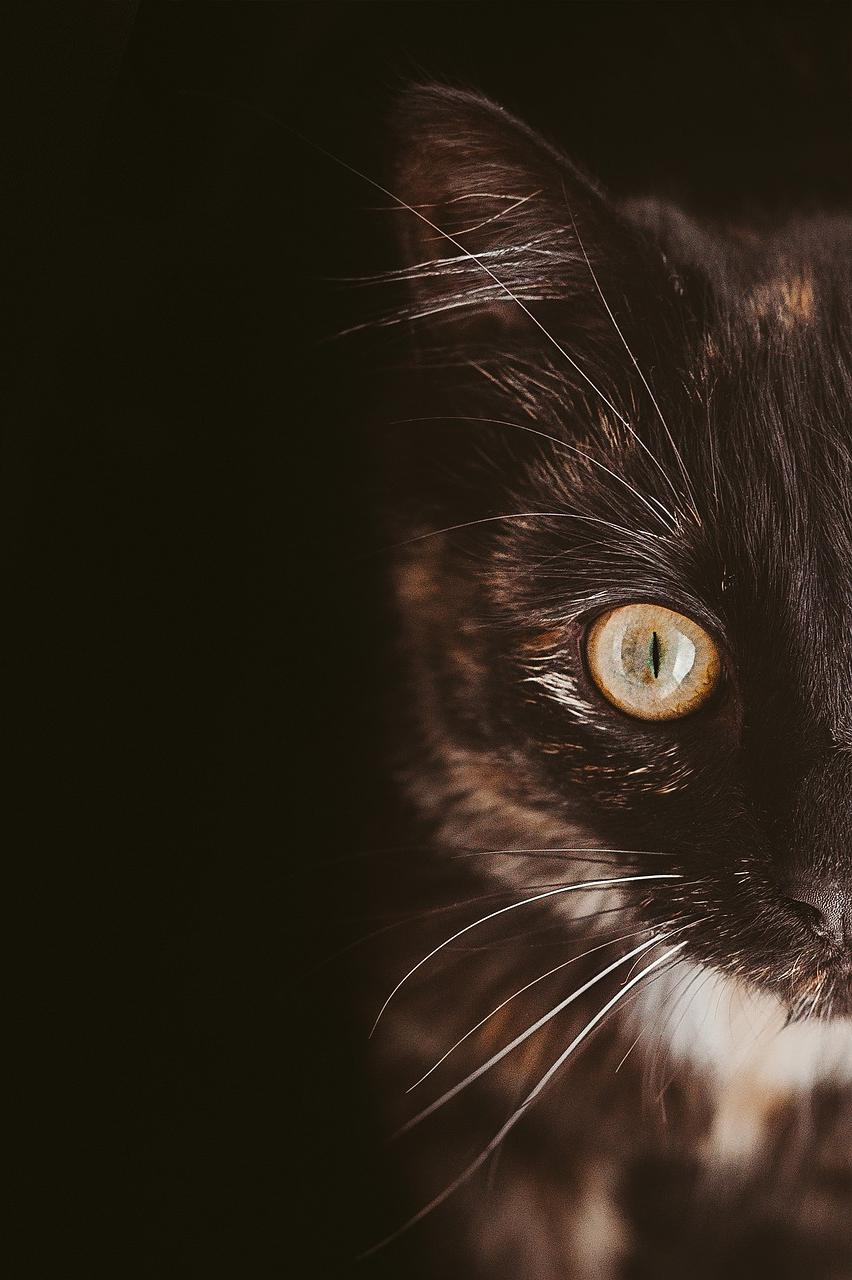
Now, here's the deal...
While mice heads may provide natural fulfillment for cats' instinctual behaviors, there are still important considerations to bear in mind for their overall well-being.
But what about hunting rats?
Let's uncover the potential risks and steps you can take to protect your feline friend:
Should You Stop Your Cat From Eating Mice Heads?
Ah, cats and their mice heads.
It may seem quite gruesome to us humans, but for our feline friends, it's all part of their natural instincts.
Now, you might be wondering whether you should stop your beloved cat from indulging in this somewhat disturbing behavior.
Well, here are a few things to consider before making that decision:
- Depriving cats of natural behaviors such as hunting can lead to frustration or behavioral issues. So, think twice before interfering with their primal instincts.
- Eating mice heads isn't necessarily harmful to cats. In fact, it can provide them with some beneficial nutrients. Just make sure the mice they catch are healthy and free from any potential hazards.
- If you find it uncomfortable or don't want your cat bringing mouse heads into your home, you can try providing alternative outlets for their predatory needs. Toys and interactive play sessions can help satisfy their hunting desires.
- It's essential to keep an eye on your cat's health. Prevent them from hunting rats as it could expose them to illnesses or parasites that these larger rodents may carry. Regular check-ups with a vet are crucial to ensure your cat remains healthy and safe.
Cats have been hunters for ages.
Trying to completely suppress their instinctual behaviors could cause more harm than good. So, embrace their wild side while also taking steps to ensure their well-being.
A happy and healthy cat is a fulfilled cat!
With that being said, you ought to strike a balance between accommodating their natural drives and keeping them safe.
But have you ever wondered why cats specifically exhibit this behavior?
Well, let me shed some light on the fascinating reasons behind it.
Head Consumption in Cats: a Distinctive Behavior
Cats aren't the only ones that eat heads - other predators do it too.
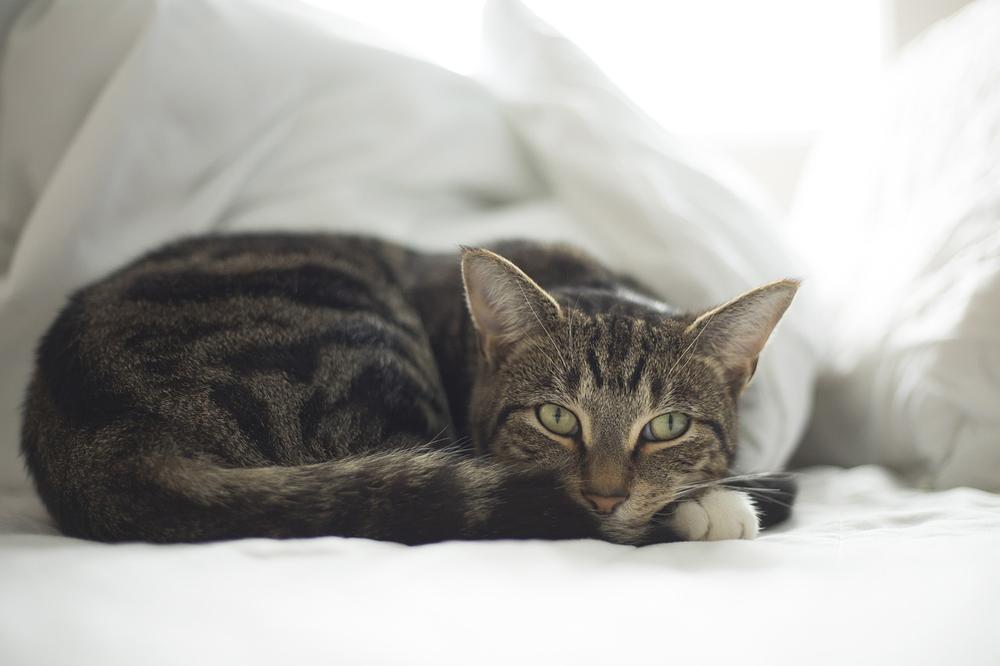
Here's some cool stuff about head consumption:
- Birds of prey also munch on heads. They rip 'em off to make chowing down on the rest easier.
- Reptiles like snakes and lizards sometimes go for the head, especially when they're snacking on smaller creatures.
- Carnivores like wolves and hyenas get in on the head-eating action to show who's boss in their pack.
- Cats see eating heads as a way to flex their superiority, especially when there are other cats around at mealtime.
- The thing is, mice heads are cat gourmet meals because they're packed with all kinds of good stuff like protein, vitamins, and minerals.
- Munching on heads is an instinctive behavior bred into predators, showing off their hunting skills and giving them the fuel to survive.
- So, yeah, while seeing your cat snack on a noggin might weird you out, it's actually a natural part of their instincts.
- Paying attention to how cats eat heads can teach us about their wild side and the intricate biology of their evolution.
No need to panic if your cat acts all slick and eats heads...
It's just their untamed side coming out!
And that wraps up today's article.
If you wish to read more of my useful articles, I recommend you check out some of these: Can Cats Eat Mint, Can Cats Eat Sesame Seeds, Can Cats Eat Spinach, Can Cats Eat Basil, and Can Cats Eat Bamboo
Talk soon,
-Sarah Davis